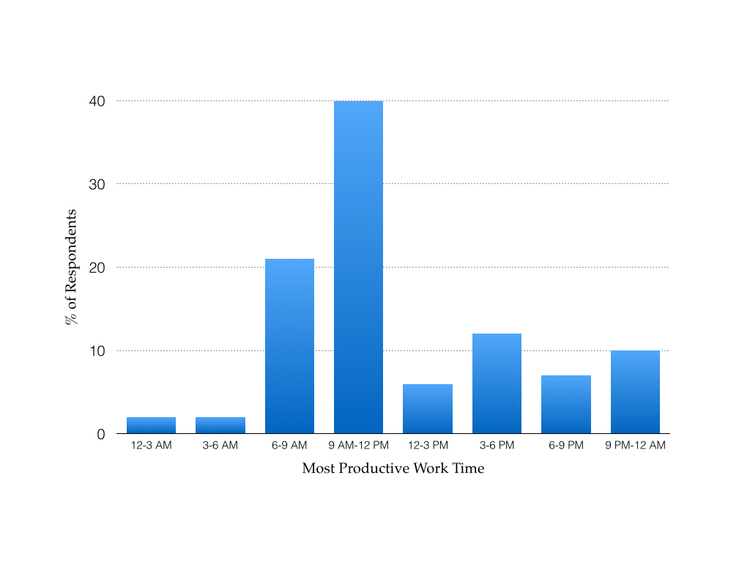Beating Procrastination – 5 Leading Experts Teach You Their Secrets
Behind closed doors even the most driven and successful entrepreneurs fight with procrastination. But what do the world’s top experts recommend? Here’s 5 ideas on beating procrastination that we’ve collected from some of the leading thinkers in the field…
1. Be part of a group where everyone believes change is possible
“One of the important things when you’re trying to change a habit is that you have to believe that change is possible. You need to have some level of belief that you have the ability to change your behaviour. Part of getting that belief, oftentimes, comes from participating in change in a group environment.
The first reason is that you get positive reinforcement from other people. Friends tell you, “You’re doing great! It seems like you’re making some progress.” They help positively reinforce it. The second part of it is that you see other people achieve changes. There’s this basic comparative psychology that says, “that’s Jim across the room; Jim has been sober for four months. I think Jim is a moron. If Jim can do it, I can do it.” That’s very important to making change seem feasible and possible.”
Charles Duhigg, Author of New York Times best seller The Power of Habit
2. Get the hardest things done first when you’re most productive

“It turns out that most people are productive in the first two hours of the morning. Not immediately after waking, but if you get up at 7 you’ll be most productive from around from 8-10:30.”
Dan Ariely, Author of New York Times best seller Predictably Irrational
3. Don’t give in to self-criticism
“Study after study shows that self-criticism is consistently associated with less motivation and worse self-control. It is also one of the single biggest predictors of depression, which drains both “I will” power and “I want” power. In contrast, self-compassion— being supportive and kind to yourself, especially in the face of stress and failure— is associated with more motivation and better self-control.”
Kelly McGonical, Best Selling Author and Stanford University Psychologist who teaches the course ‘The Science of Willpower’
4. Respect the importance of sleep
“In general, self-control problems seem to show up with people who don’t get enough sleep. The longer people have been awake, the more self-control problems happen. Most things go bad in the evening. Diets are broken at the evening snack, not at breakfast or in the middle of the morning. Impulsive crimes are mostly committed after midnight.
We shouldn’t need to be told something so obvious, but cranky toddlers aren’t the only ones who resist much needed naps. Adults routinely short change themselves on sleep, and the result is less self-control.”
Roy Baumeister, Author of New York Times Best Seller Willpower: Rediscovering the Greatest Human Strength
5. Use a schedule instead of a to-do list
“In short: to-do lists are a terrible daily planning tool. They are missing two key pieces of information:
- How long each task requires
- How much and where your free time is available for the day
There is a simple addition to your to-do list that solves these problems. Assign specific times on your schedule for when you want to complete specific tasks.
Scheduling forces you to confront the reality of how much time you actually have and how long things will take.”
Cal Newport, Author of So Good They Can’t Ignore You
Master Time Management
In This Free Ebook + Email Course You Will Learn How to:
Create the Optimum Working Environment
Manage Your Energy Better
Prioritise Effectively









